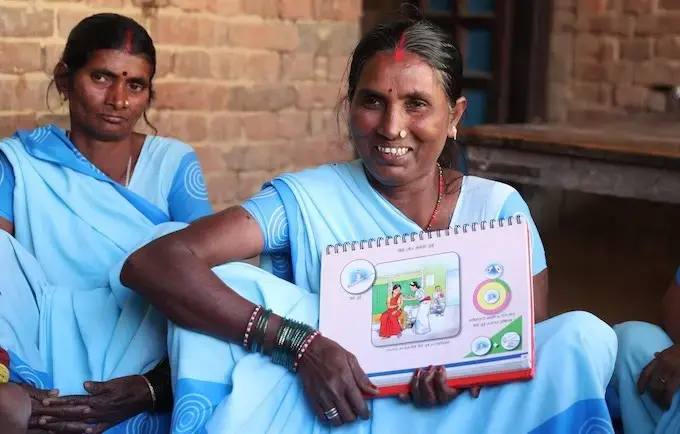Good sexual and reproductive health is a state of complete physical, mental and social well-being in all matters relating to the reproductive system. It implies that people are able to have a satisfying and safe sex life, the capability to reproduce, and the freedom to decide if, when, and how often to do so. To maintain one’s sexual and reproductive health, people need access to accurate information and the safe, effective, affordable and acceptable contraception method of their choice. They must be informed and empowered to protect themselves from sexually transmitted infections. And when they decide to have children, women must have access to services that can help them have a fit pregnancy, safe delivery, and healthy baby. Every individual has the right to make their own choices about their sexual and reproductive health. UNFPA, together with a wide range of partners, works toward the goal of universal access to sexual and reproductive health and rights, including family planning.
Reproductive health and development
UNFPA works to ensure sexual and reproductive health and rights remain at the very centre of development. The International Conference on Population and Development draws a clear connection between reproductive health, human rights and sustainable development. When sexual and reproductive health needs are not met, individuals are deprived of the right to make crucial choices about their own bodies and futures, with a cascading impact on their families’ welfare and future generations. And because women bear children, and also often bear the responsibility for nurturing them, sexual and reproductive health and rights issues cannot be separated from gender equality. Cumulatively, the denial of these rights exacerbates poverty and gender inequality. Read more


